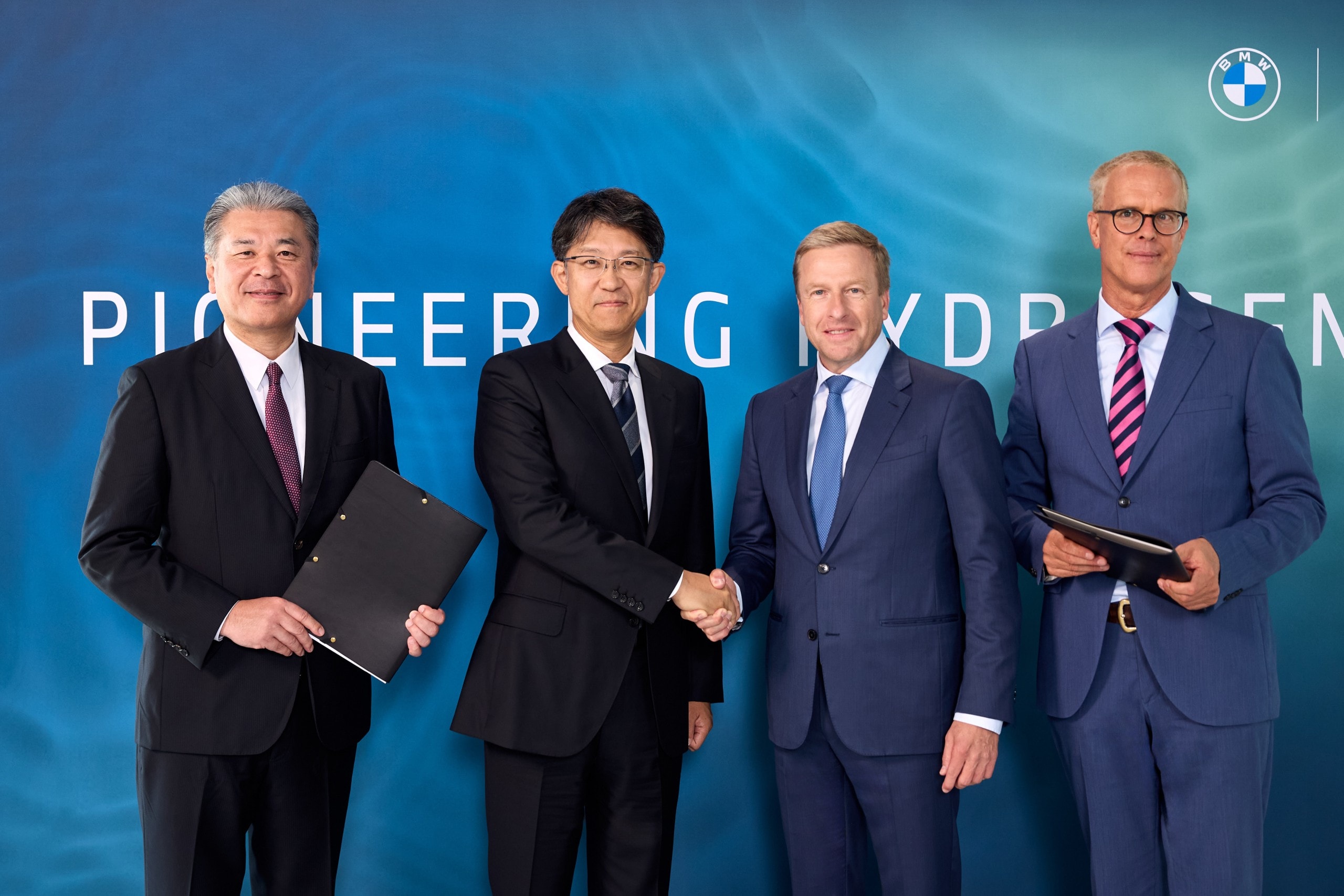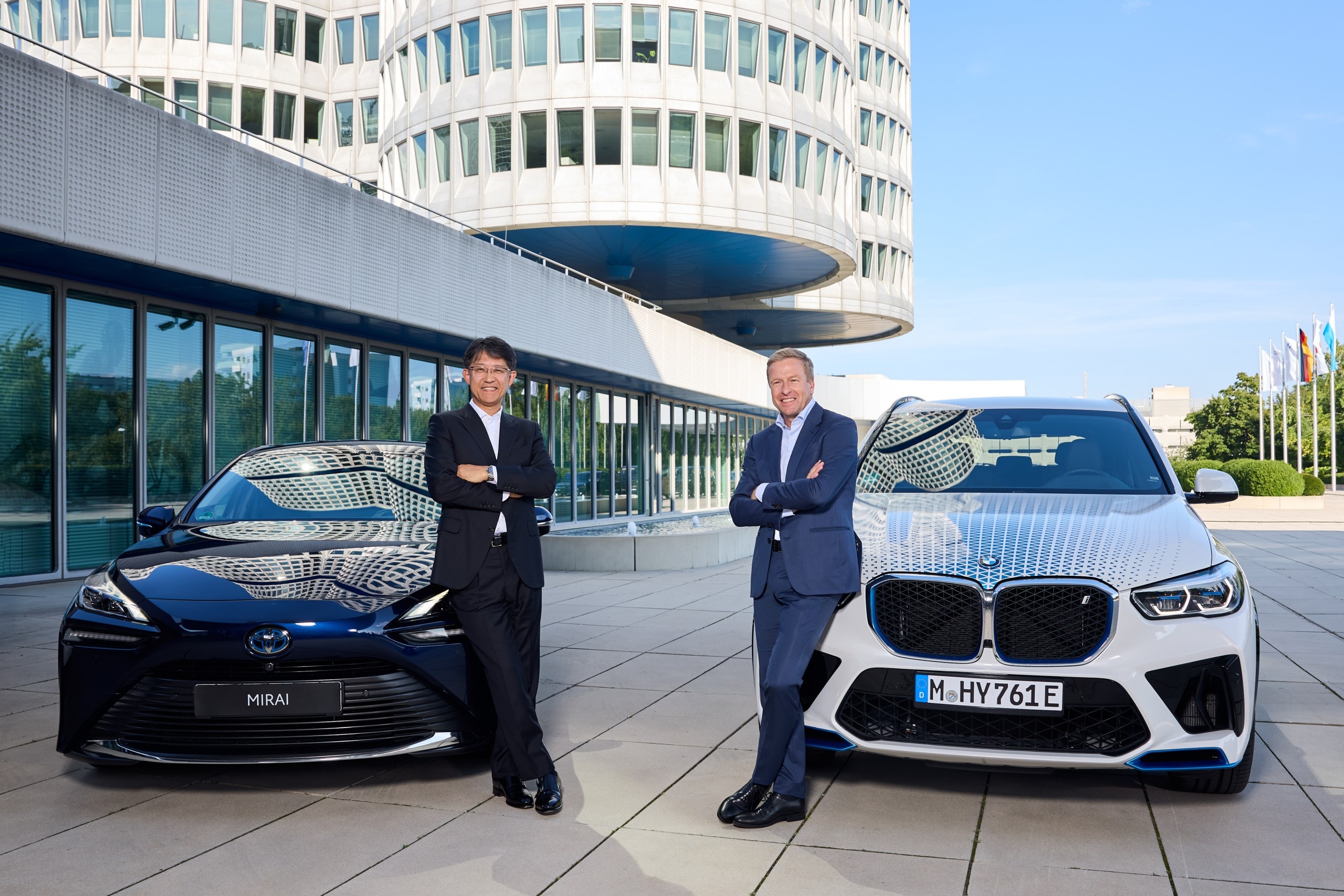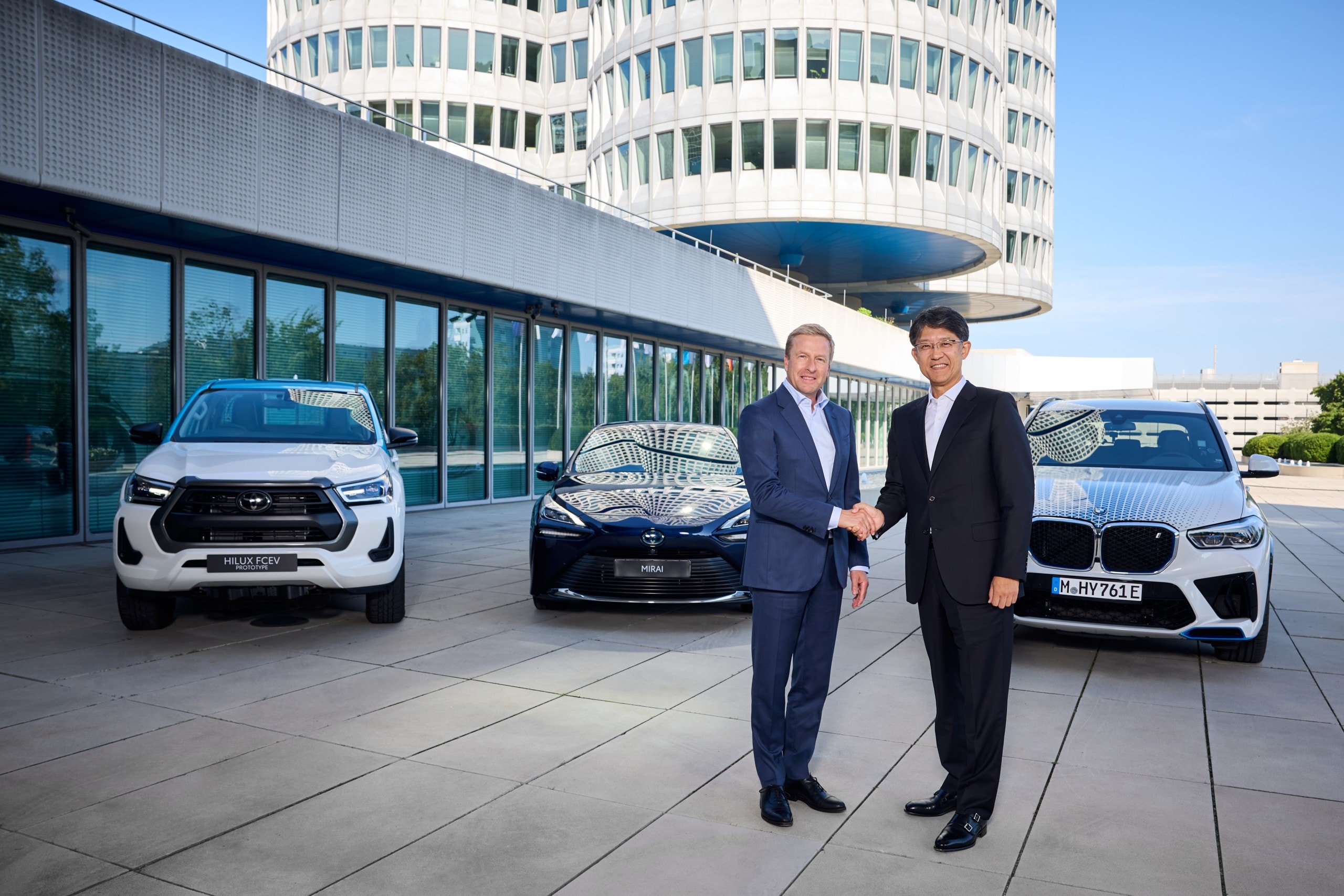The collaboration between BMW and Toyota, which has already yielded successful models, is set to expand the fuel cell technology. This partnership aims to develop next-generation FCEVs, with production models expected to hit the market in 2028. This move is a significant step towards expanding the zero-emission powertrain options offered by both carmakers.
While the EV market has experienced a slowdown, leading to scaled-down EV plans and alternative strategies, Toyota has remained committed to hydrogen technology. As one of the pioneers in FCEVs with the Mirai, Toyota has been offering this model for several years.

However, sales numbers have been relatively low, with only around 4,000 units sold last year, primarily in the US where substantial incentives are provided to buyers. As the automotive industry grapples with the challenges of widespread EV adoption, BMW and Toyota have forged a strategic partnership to accelerate the development of hydrogen fuel cell technology.
By combining their expertise and resources, the two automakers aim to address the limitations of current EV infrastructure and offer consumers a viable alternative to traditional gasoline powered vehicles.
BMW’s upcoming series production FCEV model, slated for launch in 2028, marks a significant milestone in the advancement of hydrogen fuel cell technology within the luxury car segment.

This collaboration not only promises to deliver zero emission mobility with the added benefits of fast refueling times but also reinforces the potential of hydrogen as a sustainable and efficient energy source for the automotive industry.

